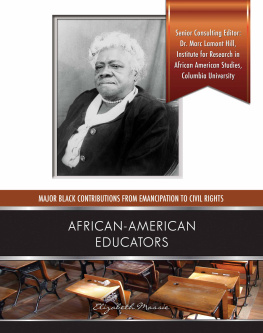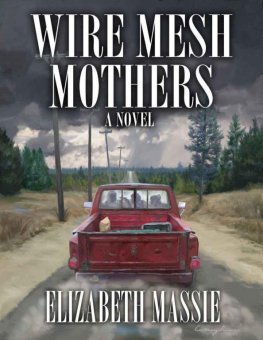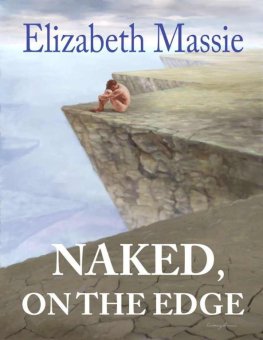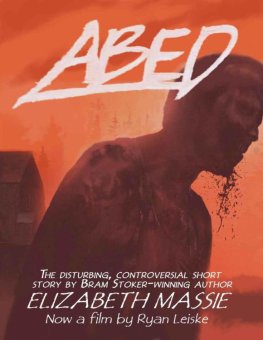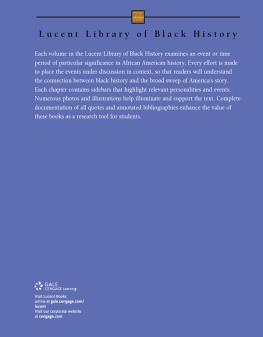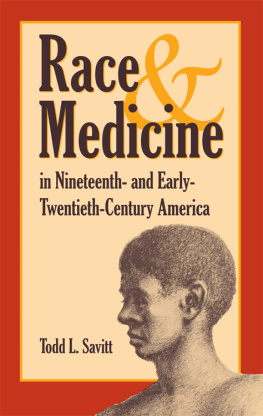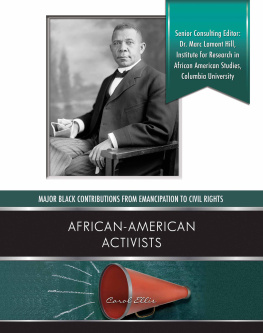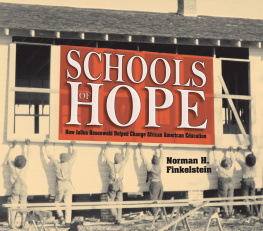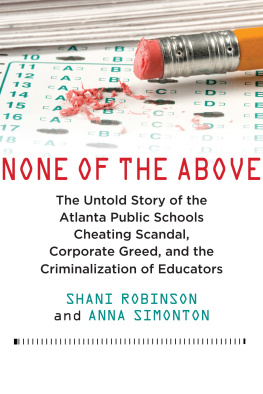
AFRICAN-AMERICAN
EDUCATORS
ELIZABETH MASSIE
TITLES IN THIS SERIES
AFRICAN-AMERICAN ACTIVISTS
AFRICAN-AMERICAN ARTISTS
AFRICAN-AMERICAN EDUCATORS
AFRICAN-AMERICAN MUSICIANS
AFRICAN-AMERICAN SCIENTISTS AND INVENTORS
AFRICAN-AMERICAN WRITERS AND JOURNALISTS
AFRICAN AMERICANS IN BUSINESS
AFRICAN AMERICANS IN LAW AND POLITICS
AFRICAN AMERICANS IN THE MILITARY
AFRICAN AMERICANS IN RADIO, FILM, AND TV ENTERTAINMENT
AFRICAN AMERICANS IN SPORTS
A HISTORY OF THE CIVIL RIGHTS MOVEMENT
 | Mason Crest
370 Read Road, Suite 302
Broomall, PA 19008
www.MasonCrest.com |
Copyright 2013 by Mason Crest, an imprint of National Highlights, Inc.
All rights reserved. No part of this publication may be reproduced or transmitted in any form or by any means, electronic or mechanical, including photocopying, recording, taping, or any information storage and retrieval system, without permission from the publisher.
Printed and bound in the United States of America.
CPSIA Compliance Information: Batch #MBC2012-3. For further information, contact Mason Crest at 1-866-MCP-Book.
First printing
1 3 5 7 9 8 6 4 2
Library of Congress Cataloging-in-Publication Data
Massie, Elizabeth.
African American educators / Elizabeth Massie.
pages cm. (Major Black contributions from emancipation to civil rights)
Includes bibliographical references and index.
ISBN 978-1-4222-2373-4 (hc)
ISBN 978-1-4222-2386-4 (pb)
1. African American educatorsBiographyJuvenile literature. I. Title.
LA2311.M38 2012
370.922dc23
[B]
2011051943
Publishers note: All quotations in this book are taken from original sources, and contain the spelling and grammatical inconsistencies of the original texts.
Picture credits: courtesy Berea College: .
AFRICAN-AMERICAN
EDUCATORS

ELIZABETH MASSIE

MASON CREST
PHILADELPHIA
TABLE OF CONTENTS
by Dr. Marc Lamont Hill,
Institute for Research in African American Studies at Columbia University.

Dr. Marc Lamont Hill
I t is impossible to tell the story of America without telling the story of Black Americans. From the struggle to end slavery, all the way to the election of the first Black president, the Black experience has been a window into Americas own movement toward becoming a more perfect union. Through the tragedies and triumphs of Blacks in America, we gain a more full understanding of our collective history and a richer appreciation of our collective journey. This book series, MAJOR BLACK CONTRIBUTIONS FROM EMANCIPATION TO CIVIL RIGHTS, spotlights that journey by showing the many ways that Black Americans have been a central part of our nations development.
In this series, we are reminded that Blacks were not merely objects of history, swept up in the winds of social and political inevitability. Rather, since the end of legal slavery, Black men and women have actively fought for their own rights and freedoms. It is through their courageous efforts (along with the efforts of allies of all races) that Blacks are able to enjoy ever increasing levels of inclusion in American democracy. Through this series, we learn the names and stories of some of the most important contributors to our democracy.
But this series goes far beyond the story of slavery to freedom. The books in this series also demonstrate the various contributions of Black Americans to the nations social, cultural, technological, and intellectual growth. While these books provide new and deeper insights into the lives and stories of familiar figures like Martin Luther King, Michael Jordan, and Oprah Winfrey, they also introduce readers to the contributions of countless heroes who have often been pushed to the margins of history. In reading this series, we are able to see that Blacks have been key contributors across every field of human endeavor.
Although this is a series is about Black Americans, it is important and necessary reading for everyone. While readers of color will find enormous purpose and pride in uncovering the history of their ancestors, these books should also create similar sentiments among readers of all races and ethnicities. By understanding the rich and deep history of Blacks, a group often ignored or marginalized in history, we are reminded that everyone has a story. Everyone has a contribution. Everyone matters.
The insights of these books are necessary for creating deeper, richer, and more inclusive classrooms. More importantly, they remind us of the power and possibility of individuals of all races, places, and traditions. Such insights not only allow us to understand the past, but to create a more beautiful future.


African-American children and adults stand outside a school for newly freed slaves, circa 1865. With the end of slavery after the Civil War, millions of African Americans who had not been allowed to attend school were able to learn how to read and write.
I magine you have been invited to play a new board game with friends. You all sit down at the table. One friend rolls the dice. The game begins. As you watch, your friends move their pieces around the board. When it is your turn, you make a movebut your friends tell you youre doing it wrong. They skip over you and take their turns again, laughing and talking about how much fun they are having. Soon the game is over. One of your friends has won. You dont understand how, though. You didnt even know the rules of the game! You are upset. That was not fair. You werent able to win. You werent even able to play.
It has been said that knowledge is power. If you understood how to play the game, you would have had a better chance to succeed. Not knowing meant you couldnt even make a right move.
Learning new information and skills helps people succeed in life. Knowing how to read allows you to find facts and opinions in books, magazines, and on the internet. Reading also lets you enjoy stories and novels. Knowing how to write makes it possible for you to put your thought down to share with others. Learning about math, science, and history helps you understand the world around you.
AGAINST THE LAW TO LEARN
In the United States today, every young person can go to school and get an education. It doesnt matter whether you are rich, poor, or somewhere in the middle. It doesnt matter if you are a boy or girl. It doesnt matter what race you are. However, that hasnt always been true. At one time, there were people in our country who were not allowed to get an education. In fact, it was against the law for certain people to learn to read and write.
Next page
